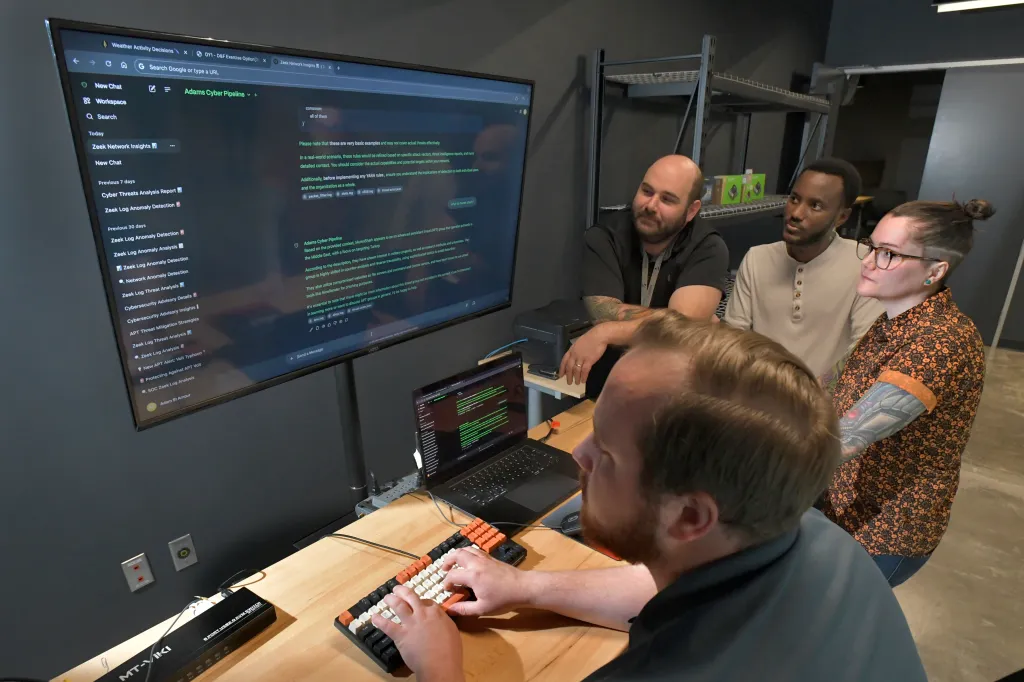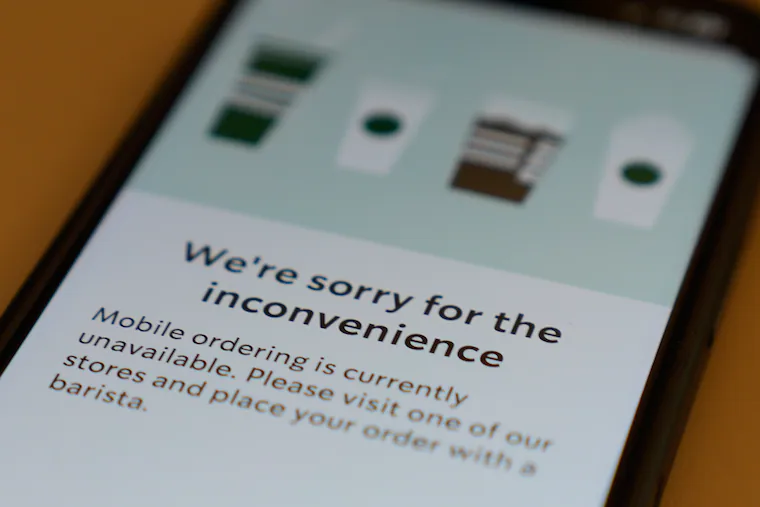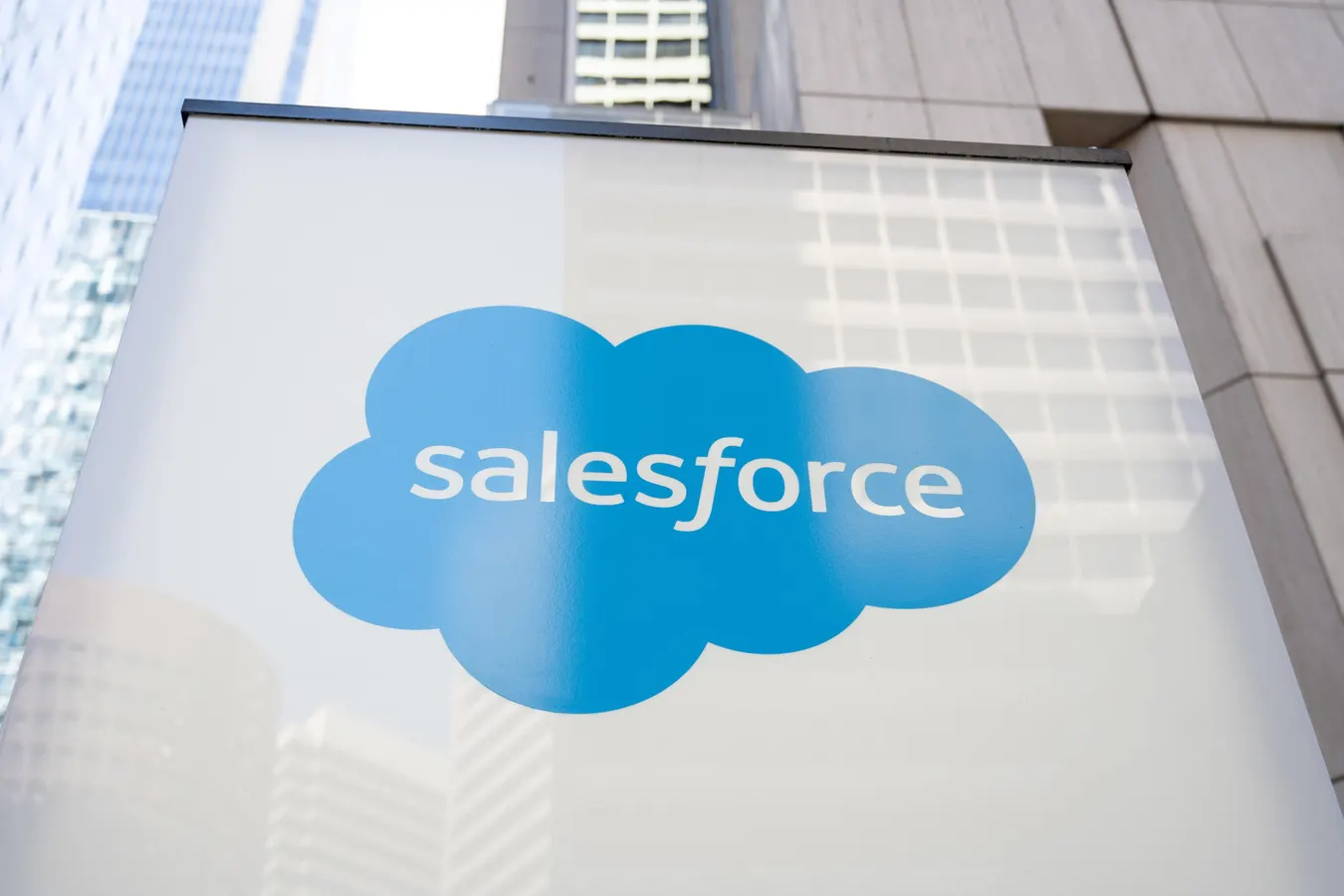Copyright Baltimore Sun

As thousands of government workers are out of work during this long shutdown, many, especially younger workers, need to think about their future, specifically future jobs. Current college and high school graduates do as well. Of course, patience is needed and training and/or re-training takes time. But there is light at the end of the tunnel. And that light is jobs — jobs for the 21st century. Good jobs for the unskilled to the highly skilled. Jobs that will help all of us to have a successful future. Let’s begin with climate change, one of the greatest threats to our environment throughout the world — if we do nothing. From devastating hurricanes to huge temperature changes, from floods to fires to pollution, our world may become uninhabitable for humans, plants and animals. Thus, to combat climate change, we need research jobs, analyst jobs, construction jobs, policy jobs — thousands of excellent positions on all levels could become available once our government acknowledges the problem. Acting on climate change will save cities such as New York and parts of Florida from drowning and will save polar bears and other animals in the rapidly melting Arctic. Climate change is part of our changing environment, including the air we breathe. A positive result of COVID-19 was that with fewer people driving cars and trucks to work, there was less pollution in several major cities. During the Obama years, many restrictions regarding harmful methane emissions were enacted. Sadly, this administration gutted nearly all. If this doesn’t change, we will have to begin wearing masks again — or until we can no longer breathe. Then, there’s infrastructure. A major transportation overhaul occurred in the 1950s under President Dwight D. Eisenhower. Nearly 75 years later, we saw our roads and rails, our bridges and tunnels, airports and airways crumbling. In 2021, President Joe Biden signed the Bipartisan Infrastructure Law, providing more than 72,000 projects plus awards in all 50 states, Washington, D.C., and U.S. territories. But we still need people on every level working to keep us safe and able to move freely. Technology is booming — or should I say, zooming. To have a virtual doctor’s appointment several years ago, I needed special technology to set up my computer. The technical supervisor who helped me explained that when virtual visits began at Hopkins in 2023, there were 3,100 calls in one day. And they did hire more technicians. Today, within minutes, according to the Hopkins website, one can connect with a health care provider 24 hours a day, seven days a week. Going forward, with so much communication and information online, there will be more and more tech jobs needed. As for medicine and science, changes occur daily: in discovering, in treating and, most of all, in preventing diseases and pandemics. To remain competitive, we need more health care workers on every level. Underlying employment, of course, is education. We need a U.S. secretary of education who is familiar with and understands public education. As of fall 2025, 74 million students attended kindergarten through high school in the United States. Of that number, nearly 63 million attended public school; slightly over 11 million, private school. To be sure, we need more vocational schools, specialized schools, such as Carver in Towson, which has an excellent reputation. We need career-oriented community colleges that prepare students for much-needed 21st-century jobs. Even people who have not attended college or participated in specific vocational programs still have useful skills. Jason Green, a former White House counsel in the Obama administration, started SkillSmart because he wanted to expand job opportunities for everyone. “Whether someone was a church usher, a housewife, a soldier, even someone who had been incarcerated — they all have skill sets,” explained Green, who helps get them jobs. But career-training courses in math and science and technology need to be balanced with studies in the humanities. Students need to think creatively, to analyze, to know history and literature, philosophy and religion. They definitely need to be able to write and speak well. “At UMBC [University of Maryland, Baltimore County],” said former President Freeman Hrabowski, “my colleagues and I worked with many of the nation’s top employers. Students with strong liberal arts backgrounds are more sought after than ever, even in fields like cybersecurity and data science.” As a nation, we cannot look back. It took a pandemic to enforce change for the future. We can begin with 21st-century education and jobs. — Lynne Agress, Towson The letter writer teaches in the Odyssey Program of the Johns Hopkins University and was president of BWB-Business Writing Inc., a writing and editing consulting company. She is the author of “The Feminine Irony” and “Working With Words.”



